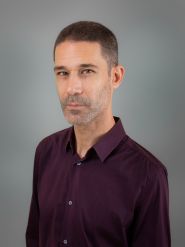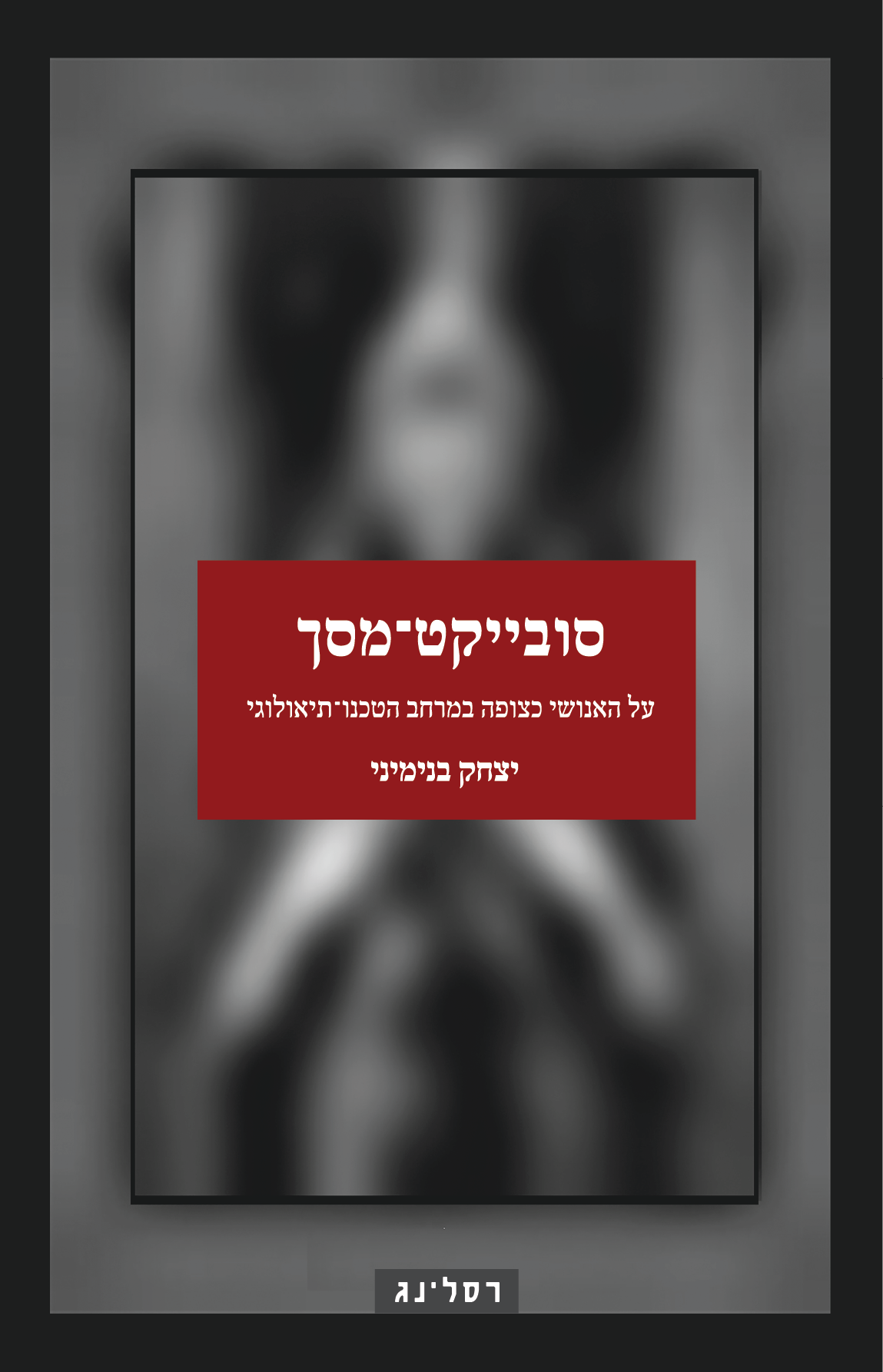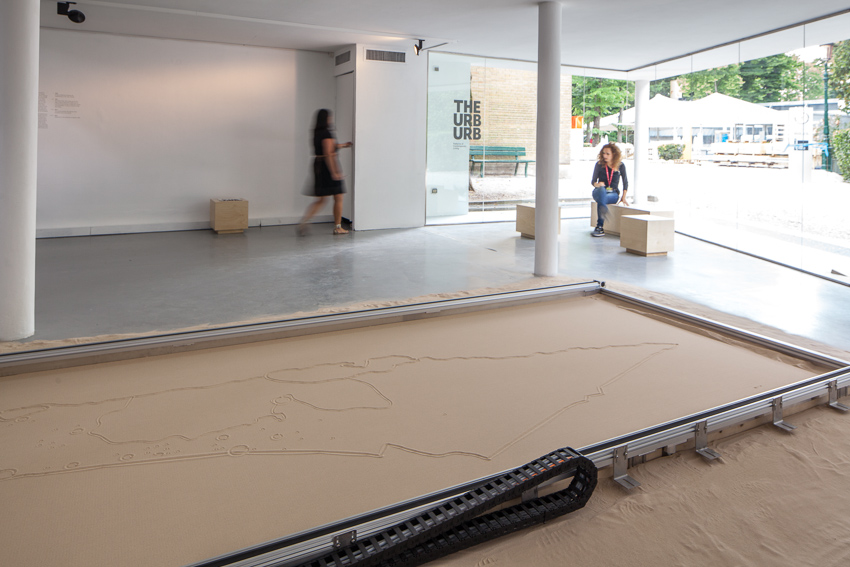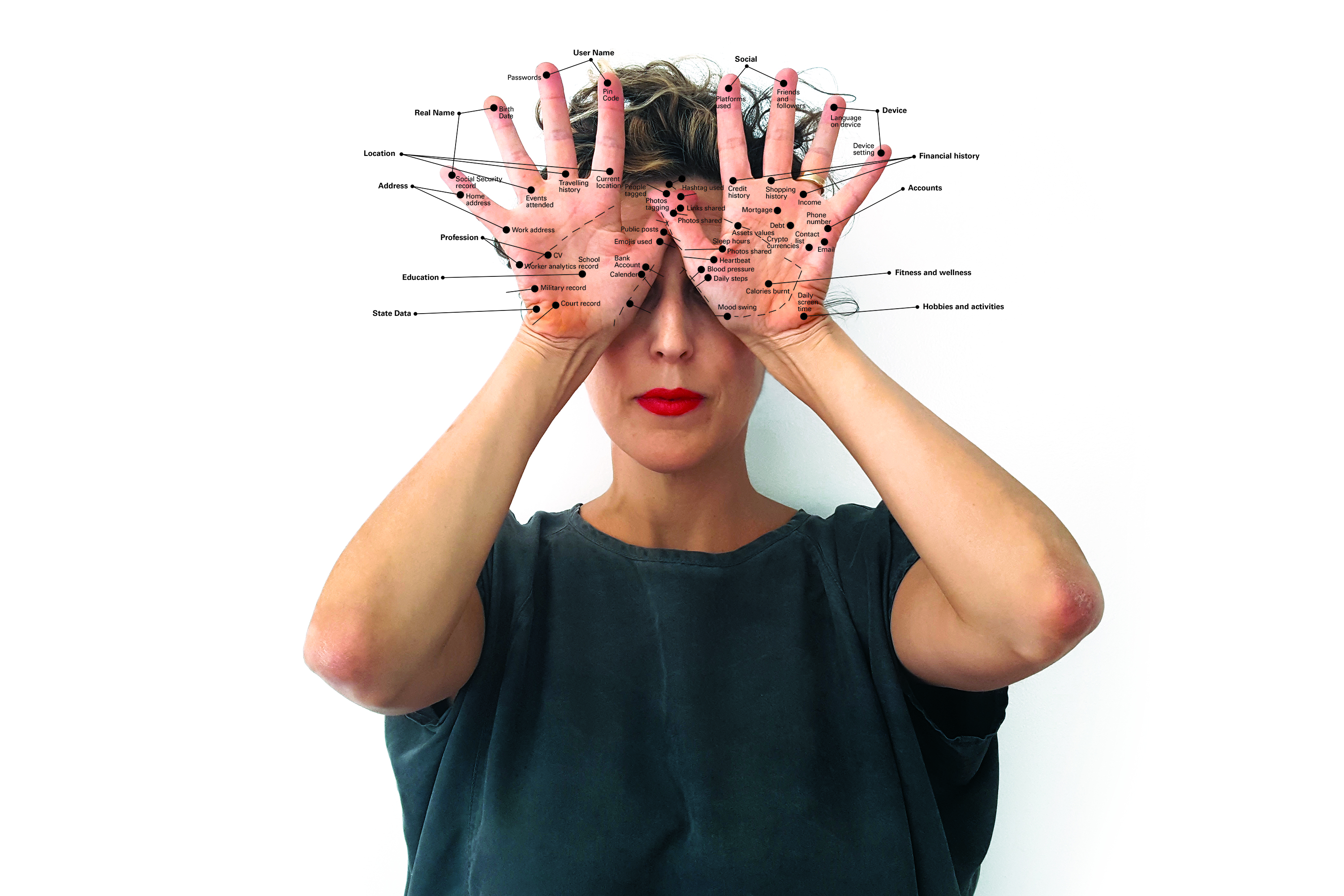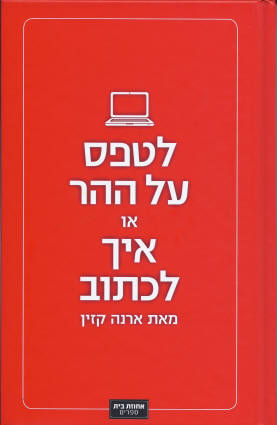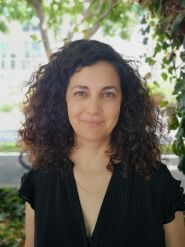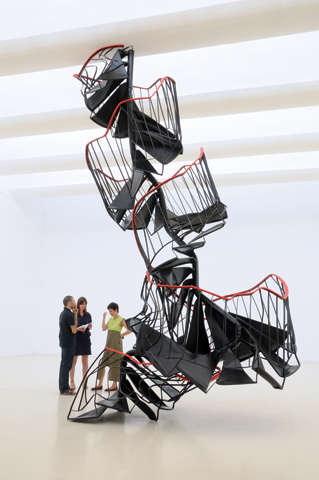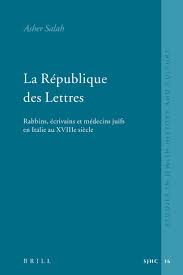Master's Program in Policy and Theory of the Arts (M.A.)
התכנית לתואר שני במדיניות ותיאוריה של האמנויות
برنامج اللقب الثاني في السياسة ونظرية الفنون
Dr. Itzhak Benyamini teaches at Bar-Ilan University and at Bezalel Academy. He is editor of Resling publishing. Authored the following books in Hebrew: What Does the Man Want? (2003), Paul and the Birth of the Sons' Community (2007), Lacan's Discourse (2009), The Laughter of Abraham (2011), and Subject-Screen (2018); in English: Narcissist Universalism (2012), A Critical Theology of Genesis (2016).
Roy Brand is a philosopher and a curator working in the areas of modern philosophy and contemporary aesthetics. He is a senior lecturer in the Master’s programs of Bezalel Academy of Arts and Design, Jerusalem. He founded and directed Yaffo 23, a center for contemporary art, and he is editor and curator of numerous art exhibits, among them, The Urburb: Patterns of Contemporary Living (Israeli Pavilion of The Venice Biennial, 2014) and Bare Life (Museum on the Seam, 2007). His book LoveKnowledge: The Life of Philosophy from Socrates to Derrida was published in 2013 by Columbia University Press, New York and translated into Korean, Hebrew and Persian. His book Art and the Form of Life is forthcoming by Palgrave Macmillan. He currently heads Parterre Institute for Philosophy and Art in Tel Aviv.

Ofri Cnaani is an artist and researcher who works across media and performance. Cnaani writes about data and coloniality, digital contested heritage, institutional practices in the algorithmic turn, and performance as a model to create critical technology. She is a visiting professor at the Institute of Visual Culture, TU Wien, Austria and a research fellow at the International Amsterdam School for Cultural Analysis (ASCA) at the University of Amsterdam. Until recently Cnaani was an associate lecturer at the Visual Cultures Department, Goldsmiths, University of London. Cnaani’s work has appeared at Tate Britain, UK; Metropolitan Museum of Art, NYC; Inhotim Institute, Brazil; Israel Museum; Amos Rex Museum, Helsinki; Kiasma Museum, Helsinki; PS1/MoMA, NYC; BMW Guggenheim Lab, NYC; The Fisher Museum of Art, L.A.; Twister, Network of Lombardy Contemporary Art Museums, Italy; Herzliya Museum of Art, Israel; Moscow Biennial; The Kitchen, NYC; Bronx Museum of the Arts, NYC; Kunsthalle Wien, Vienna; Arnolfini Foundation Museum, Bristol; Tel Aviv Museum; Prague Triennial, among others. Prior to her move to London, Cnaani was based in New York City, where she was a faculty at the School of Visual Arts’s Visual and Critical Studies. At SVA she also ran the "City as Site" program. Cnaani recently co-organized Choreographic Devices, a three-day chorographic symposium at ICA, London and is currently working on a project at the International Space Station (ISS).
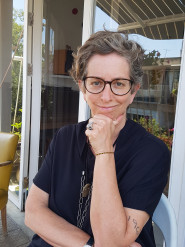
Orna Coussin (born in Paisley, Scotland, 1967) is a writer and writers' mentor in Israel.
After about 20 years of writing culture commentary for Haaretz Daily and other Israeli publications she began dedicating her writing to personal essays, memoirs and short stories – seven of her books have been published to date.
In 2009 she has received the Prime Minister Prize for Hebrew Writers.
"Climbing That Mountain, or: How to Write" (Achuazat Bayit Publishers, 2015) is a writer's guide and an essay about writing, and was an Israeli best seller.
Coussin lives in Tel Aviv with her partner Michal and their two daughters Naomi and Yael.
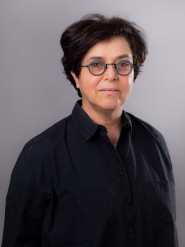
Lyat Friedman has completed undergraduate studies at Ben Gurion University in behavioral sciences and received a master’s degree from New York University, in philosophy.
She has obtained a PhD, in philosophy from DePaul University, Chicago, where she wrote a dissertation on Plato’s dialogues. Before returning to Israel, she participated in Jacques Derrida’s seminar at University of California, Irvine, for four years. Upon her return, she taught for five years at the Philosophy, Comparative Literature and Gender Studies Programs, Tel Aviv University and for ten years, was a faculty member at the Philosophy Department and Gender Studies Program, Bar Ilan University. In the last eight years, she serves as chair of the M.A. Program in Policy and Theory of the Arts, Bezalel Academy.
She specializes in Continental Philosophy, Phenomenology, Cultural Studies, Psychoanalytic Theory, Gender Studies, Art Theory and Critical Thinking. Her book, In the Footsteps of Psychoanalysis was published in 2013, in Hebrew. She has published many articles in both Hebrew and English; she is a member of the Continental Philosophy Seminar; together with Galit Wellner, Phd, she has edited the second issue of Notebooks in Continental Philosophy (2020). Her next book, Transformative Criticism, is in process.
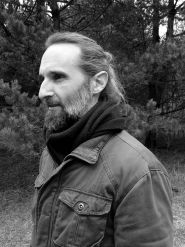
Ariel Handel is an interdisciplinary researcher. Teaches political theory and urbanism at Bezalel, Ben Gurion University and Tel Aviv University. He is the director of the Lexicon for Political Theory project and co-editor of Mafteakh-Muftah: Lexical Review of Political Thought. Ariel has published numerous journal papers and book chapters on issues of space, politics, power and violence. He is the editor-in-chief of The Political Lexicon of the Social Protest (Hakibutz Hameuchad, 2012), and co-editor of Normalizing Occupation: The Politics of Everyday Life in the West Bank Settlements (Indiana University Press, 2017).
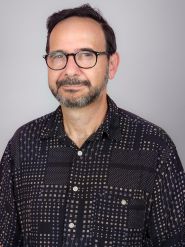
Dr. Gal Hertz is the head of the Visual and Material Culture Department at Bezalel. He is a Germanist and a cultural researcher. His research creates a connection between the history and philosophy of science and cultural studies. He examines the rise of social disciplines around 1900 in the German-speaking world, such as criminology, sociology, sexology, law and psychiatry; This is from an affinity to popular culture, development of the press and media, theater, literature, and art. According to Hertz, the connecting point between seemingly unrelated fields is the establishment of a social order based on a new imagined normative base. Hertz holds a master's degree and a doctorate from the Cohn Institute at Tel Aviv University, pursued post-doctoral studies at the Leibniz Center for Literary and Cultural Research (ZfL Berlin), and taught at both Humboldt University and the Free University of Berlin. After that he was co-director of the research project "Humanities in Conflict Zones" at the Minerva Humanities center, and served as a research and teaching fellow at the Cohn Institute and the School of Cultural Studies at Tel Aviv University. In parallel to his work at the university, he is the editor of "MiNituk LeShiluv" (“From Disconnection to Integration”), an academic journal of the Ministry of Education Department for the Education of Children and At-Risk Youth, in which he is also involved in the processes of training teaching staff and in the development and implementation of the department's approach: therapeutic pedagogy.
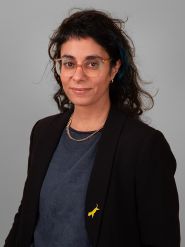
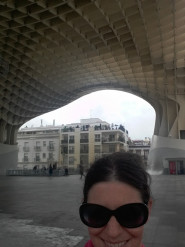
Dalya Y. Markovich is a lecturer at the Visual and Material Culture department, Bezalel Academy of Art and Design, Jerusalem.
Markovich received her PhD from the School of Education, The Hebrew University of Jerusalem (2007), followed by Post-doctoral studies, Ben Gurion University of the Negev (2008), followed by M.A from the History of Art Department, Tel Aviv University (2010). In 2003 she was a Fellow at Heschel Sustainability Center, followed by fellowship at The Mandel Leadership Institute (2004-2006).
Markovich's main fields of research are the theory and practice of teaching (art) education in multi-national and diverse cultural society. She was the editor of Bezalel Journal of Visual and Material Culture (2014-2016); Hakivun Mizrach (2003-2005); Noga (2004-2005); Iton 77 (2006-2007); Block, City, Media, Theory and Architecture (2008). Her edited collection – Understanding Campus-Community Partnerships in Conflict Zones, Engaging Students for Transformation Change – was published at Palgrave McMillan Publisher (2019). Her book Nationality and Ethnicity in an Israeli School: A Case of Jewish-Arab Students – was published at Routledge (2019).

Lecturer and researcher in the fields of Museology and Visual Culture.
Geologist, specialized in science education and museums and the Visual Culture of Science.
PhD. Museum Studies, University of Leicester
Dr. Naomi Meiri-Dann
Art historian and Visual Culture researcher.
Her realms of specialization range from Medieval Art (mainly Italian); Architecture of memory and commemoration (mainly in Israel); Interrelations between religious art and secular culture` and issues concerning encounters between “high” and popular cultures.
Naomi teaches at the Departments of Visual and Material Culture (including the B.A. program), as well as the Master in Policy and Theory of the Arts and the M.Des. Program in Visual Communication.
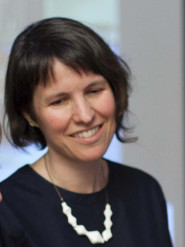
Nirith Nelson, curator and lecturer, resides in Israel. Has earned her BA and MA from the Hebrew University, Jerusalem in Art History.
Since 1998 on, she is a faculty member at the Bezalel Academy of Arts and Design, teaching curatorial practices and contemporary art. In 2019 was appointed to be head of the Curatorial Studies in the frame of the Policy & Theory of the Arts Masters Program at Bezalel.
Worked at the Israel Museum as a curator and lecturer (for 9 years) headed the JCVA residency (http://jcva.org.prv05.dodihosting.com) as its artistic director (for 14 yrs), was the art adviser to the Jerusalem Foundation (for 14yrs) and worked in several other institutions.
In those frames as well as an independent curator, curated over forty exhibitions both in contemporary art and design, which were shown in major venues in Israel and abroad.
Prof. Dror Pimentel teaches at the Visual and Material Dept. and at the M.A. Program for Policy and Theory of the Arts. His main areas of expertise are continental philosophy, phenomenology, aesthetics and semiotics. His publications include: The Dream of Purity: Heidegger with Derrida (Magnes Press, 2009 [Hebrew]); Aesthetics (Bialik Institute, 2014 [Hebrew]); Heidegger with Derrida: Being Written (Palgrave Macmillan, 2019), Aesthethics: Of Hospitality in Art (Bialik Institute, 2024 [Hebrew]); and articles in: Iyyun: The Jerusalem Philosophical Quarterly; Heidegger Studies; British Journal of Aesthetics and Phenomenology; Performance Philosophy Journal; Inscriptions; Aesthetic Investigations, among others. He translated to Hebrew Heidegger’s Letter on “Humanism” (Magnes Press, 2018). His book Aesth-ethics: Art as an Ethic of Hospitality is about to appear at Palgrave-Macmillan NY.
Photo Gallery
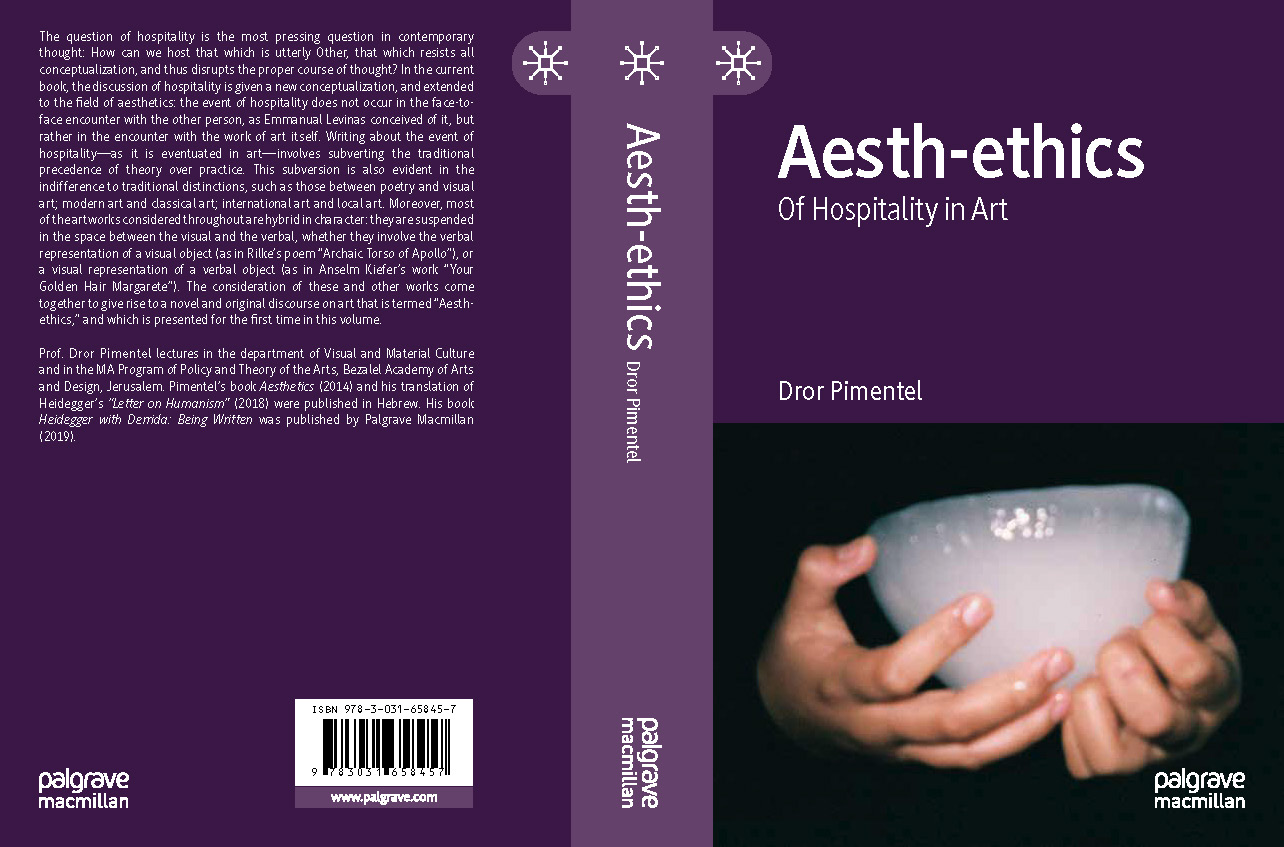
עטיפת ספר ׳Aesth-ethics׳
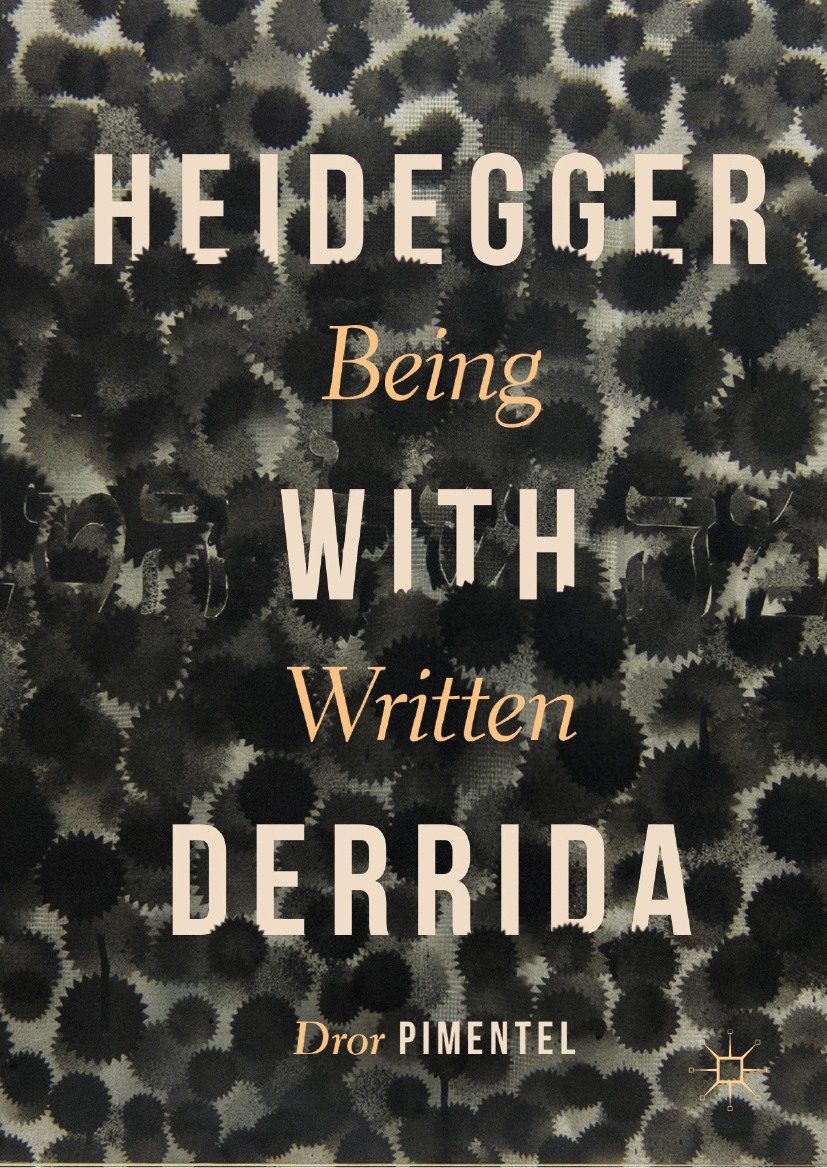
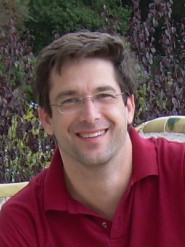
Asher Salah is Associate Professor at the Bezalel Academy of Arts and Design and the Hebrew University in Jerusalem. He has been a fellow at the Katz Center for Advanced Judaic Studies in 2011-2012 and in 2014-2015, and at the Maimonides Center for Advanced Studies in Jewish Scepticism in 2016-2017 and 2020-2021. His scholarship deals with Jewish literature in early modern Italy, Sephardic studies and Jewish cinema in the Mediterranean area. His publications include a translation into Italian and an analysis of Samuele Romanelli’s Masa‘ Be‘arav (Florence: Giuntina, 2006), La République des Lettres: Rabbins, médecins et écrivains juifs en Italie au XVIIIè (Boston/Leiden: Brill, 2007), L’epistolario di Marco Mortara: un rabbino italiano tra riforma e ortodossia (Florence: Giuntina, 2012), Diari Risorgimentali: due ragazzi ebrei si raccontano (Livorno: Belforte, 2017), and with D. Flesler and M. Friedman, editor of “Genealogies of Sepharad,” Quest. Issues in Contemporary Jewish History, 18 (2020).
